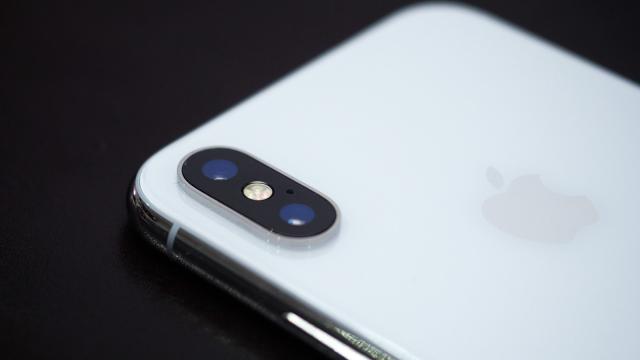A Chinese national and former engineering student in Oregon pleaded guilty on Wednesday to one count of trafficking in counterfeit goods in a scheme that defrauded Apple out of roughly 1,500 iPhones.
According to court records, the U.S. Customs and Border Protection opened an investigation in 2017 into a number of shipments of counterfeit iPhones that led them to Quan Jiang. Investigators said Jiang told them during an interview in December of that year that he regularly received packages from China that contained 20 to 30 inoperable iPhones, which he would then trade in for legitimate iPhones through Apple’s warranty program by claiming they would not power on.
Jiang told investigators that after trading in the fake iPhones for legitimate Apple products, either in person or online, he would ship them back to China where they were sold for hundreds of dollars.
In exchange, Jiang would receive a cut of the money. Those funds were reportedly delivered to Jiang’s mother, who lives in China and would deposit the money in his account.
Though Jiang used various aliases as well as the names of friends and family to carry out the scheme, Apple’s records showed that Jiang appeared to be linked to 3,069 warranty claims either with his name, mailing address, email address, or IP address, according to court documents.
While Apple records showed that 1,576 of those warranty claims were denied, Jiang was still able to obtain 1,493 replacement iPhones from the company. As each replacement phone is valued by Apple at $873, the hit to the company tallied up to nearly $1,309,114 in losses.
“Counterfeiting undermines commerce and inevitably leads to increased prices for goods enjoyed by millions of consumers,” Billy J. Williams, U.S. Attorney for the District of Oregon, said in a statement.
“The investigators who worked this case and others like it provide an invaluable public service to American companies, entrepreneurs, and consumers alike in preserving a competitive market free of criminal interference.”
Apple did not immediately return a request for comment.
Jiang faces up to 10 years in prison and a $3 million fine or twice his proceeds, depending on which is greater. He must also pay Apple $290,914 in restitution as part of his plea agreement. His sentencing is scheduled for late August.
